Latest news
Latest news from Bendigo Community Health Services.
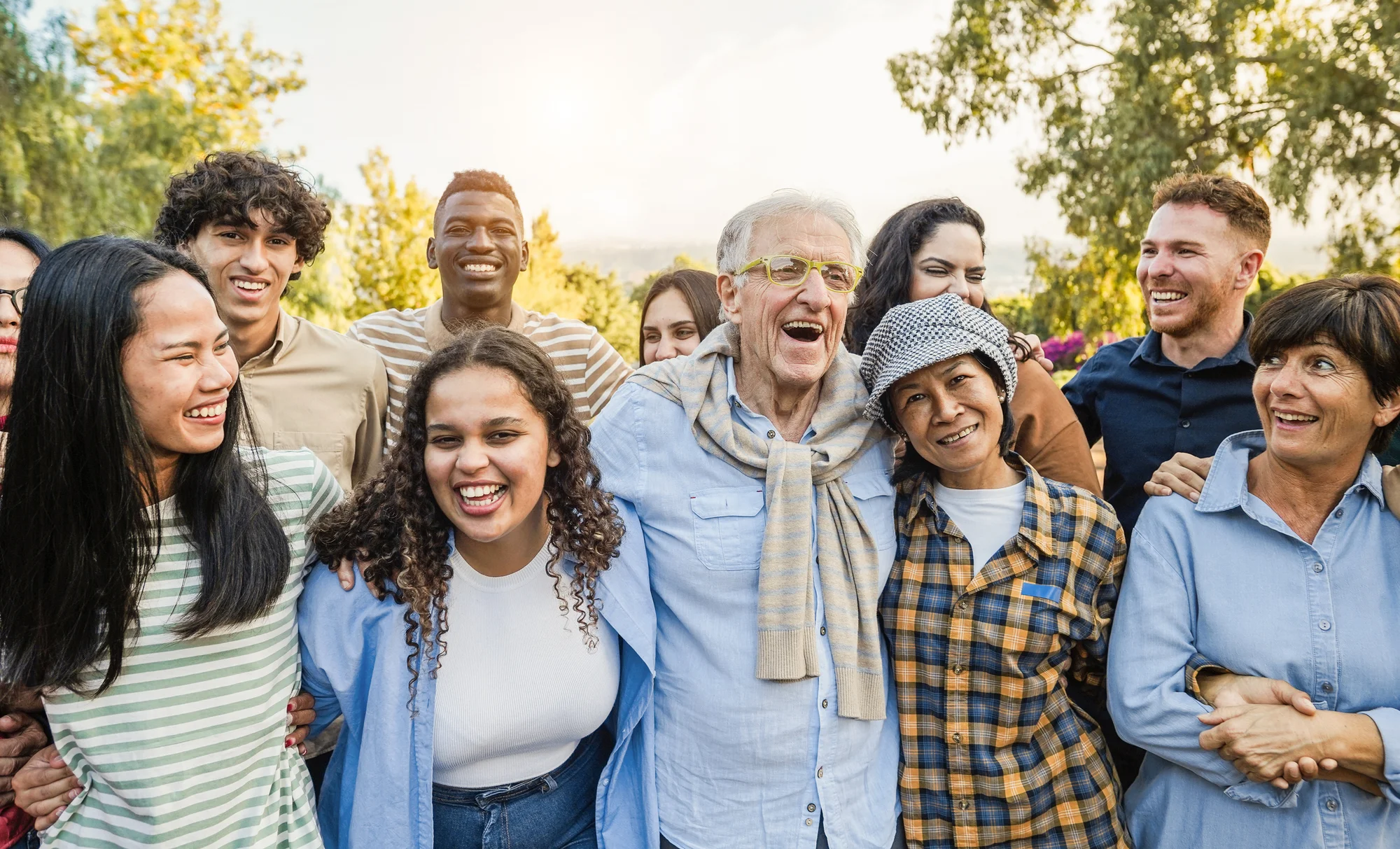
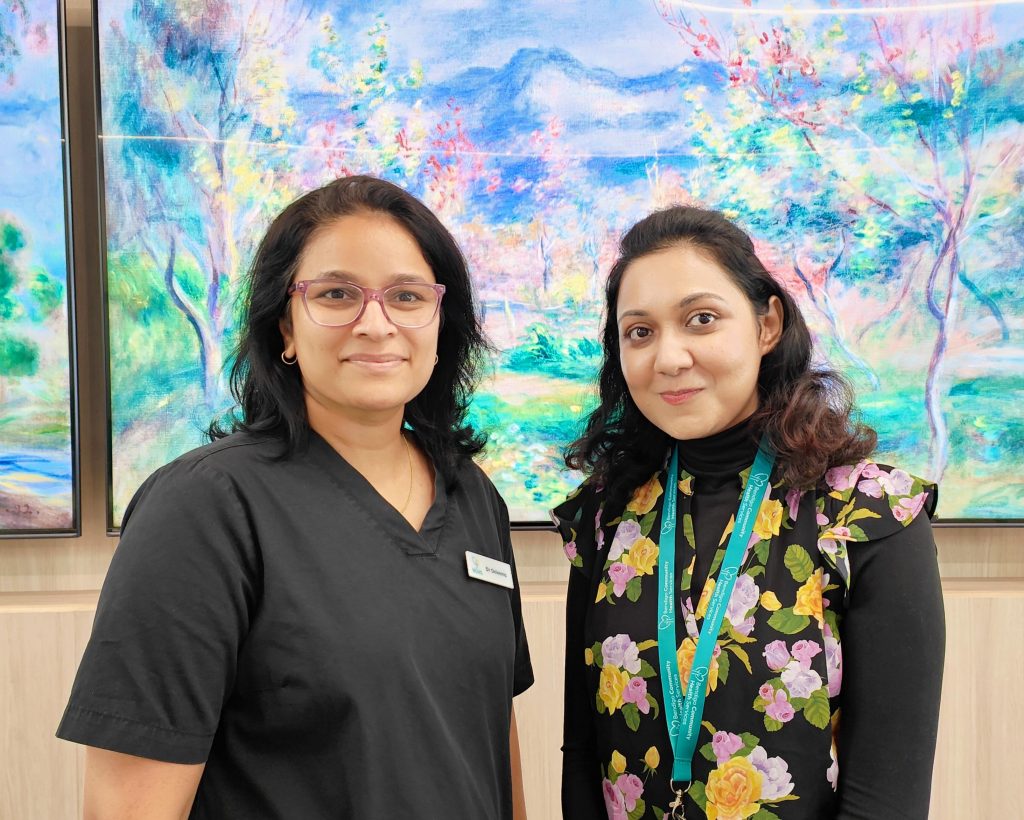
Two new GPs follow their community health hearts to the BCHS medical practice
Bendigo Community Health Services has warmly welcomed Dr Deleema Devasia and Dr Sadia Ahmed to the Eaglehawk medical practice. Dr Deleema is a GP Registrar with more than a decade of experience in medical practice and a passion for rural...
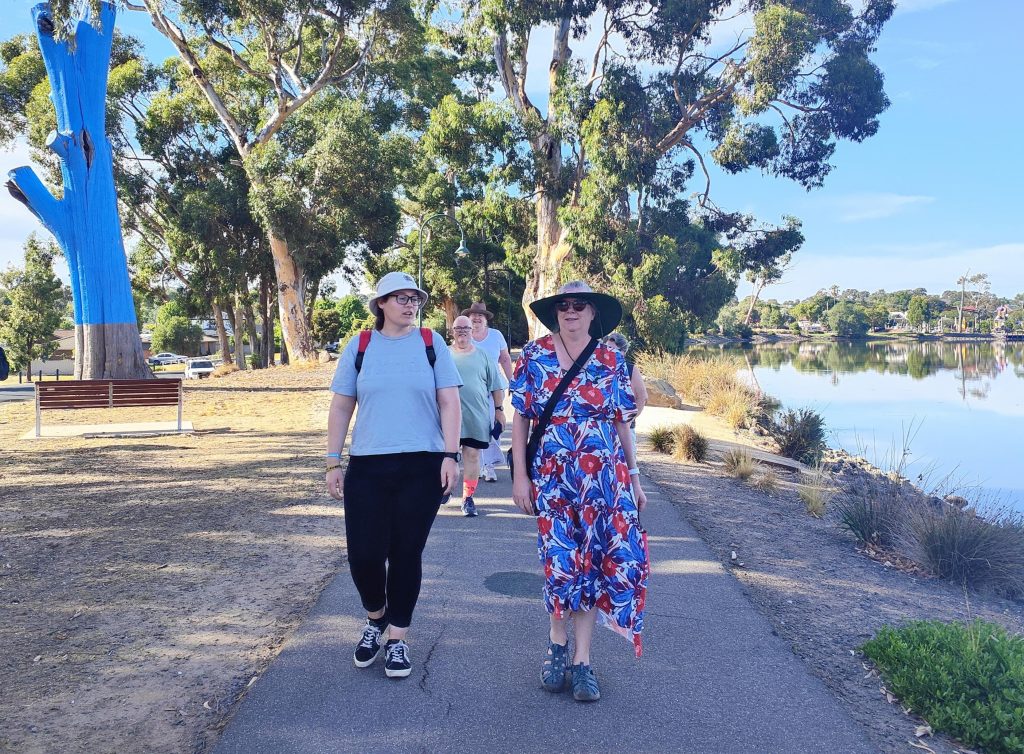
They’re walking the talk in Eaglehawk
You can hear the Eaglehawk Explorers before you see them. At least that was the case this week when seeking out the walking group for a quick catch up and a photo. After following the glorious, melodic sound of laughter...
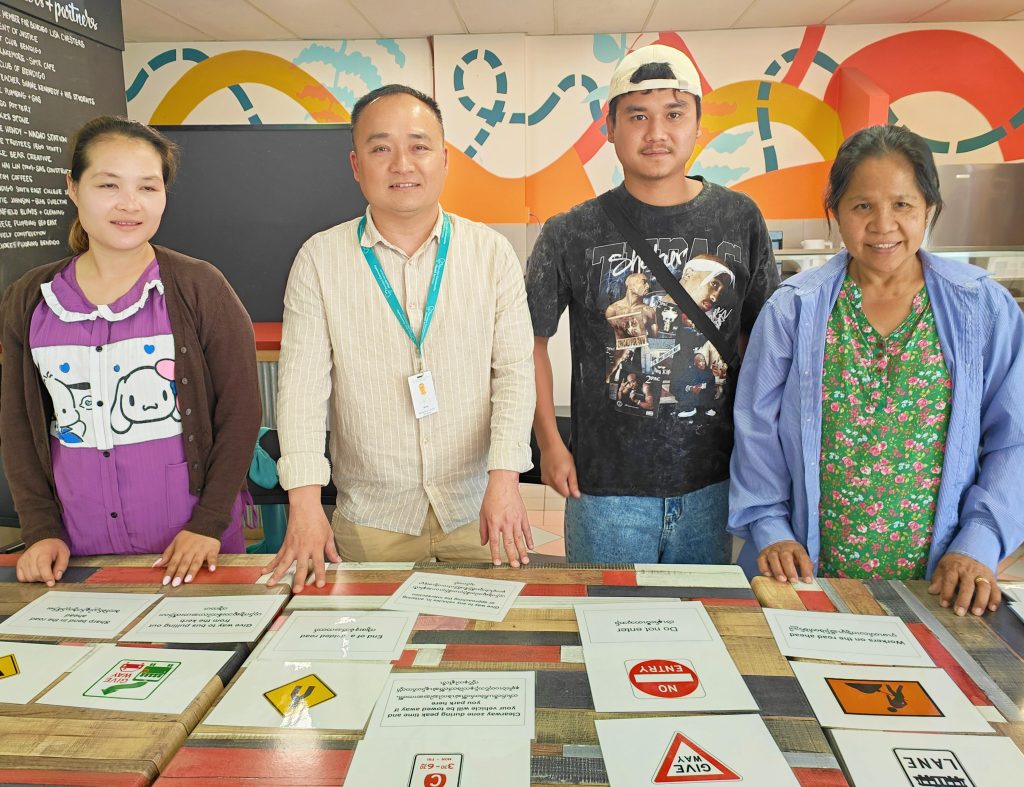
Driving up road safety for new arrivals
Bendigo Community Health Services is working to ensure newly arrived people from refugee backgrounds are safe on the roads, both behind the wheel, and on foot. This year, BCHS will deliver its Road Safety for New Arrivals Program to 60...
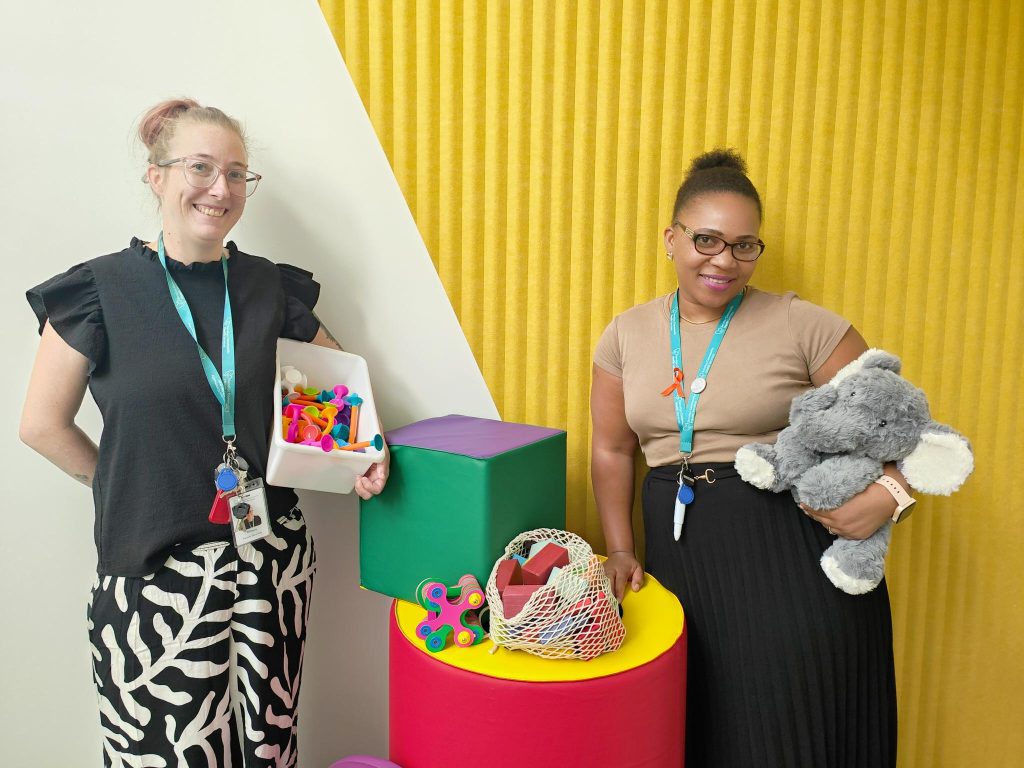
The free and fun-filled smalltalk supported playgroups are now open for Term One enrolments
The smalltalk supported playgroup duo Tiffany and Rachel are looking forward to a big Term One of fun with Bendigo families, with an expanded program to cater for some of the city’s newest arrivals. Culturally and linguistically diverse (CALD) families...

Mental health and wellbeing services for bushfire affected residents
If you, or someone you know, has been affected by the Ravenswood fire, help is available. The following services are available in the Mount Alexander Shire, Macedon Ranges and Greater Bendigo region. Please know it is normal to have strong...

We are closed on Friday, January 9
We are closed on Friday, January 9, due to the Catastrophic Fire Danger Rating. If you have an appointment, you will receive a phone call to reschedule. Follow the advice of Vic Emergency, Victorian Department of Health and Bendigo’s Emergency...
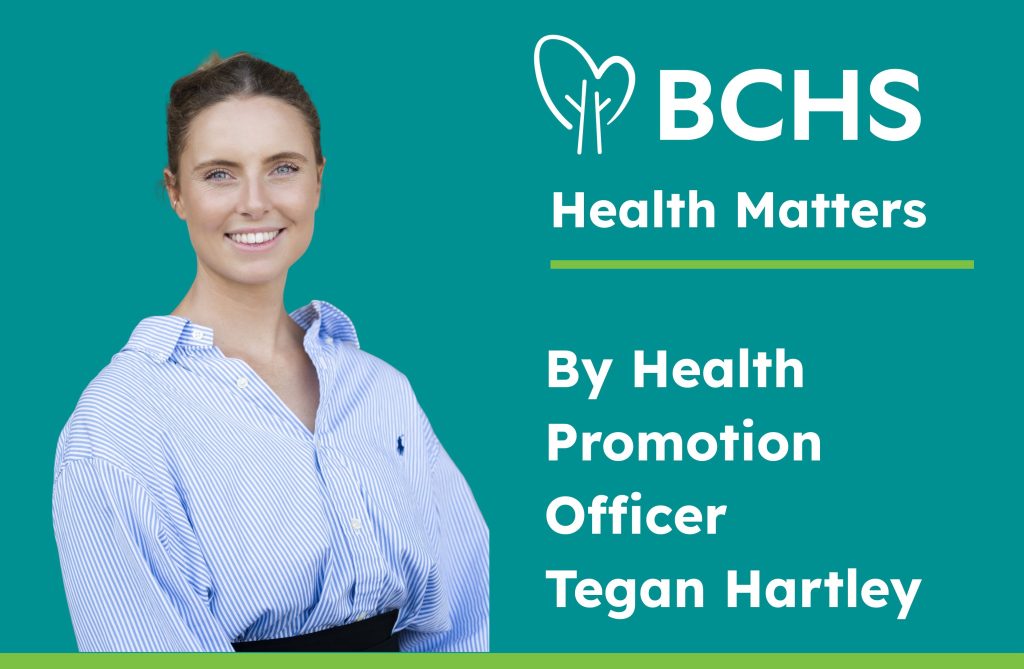
Five free ways to get moving in Greater Bendigo this summer
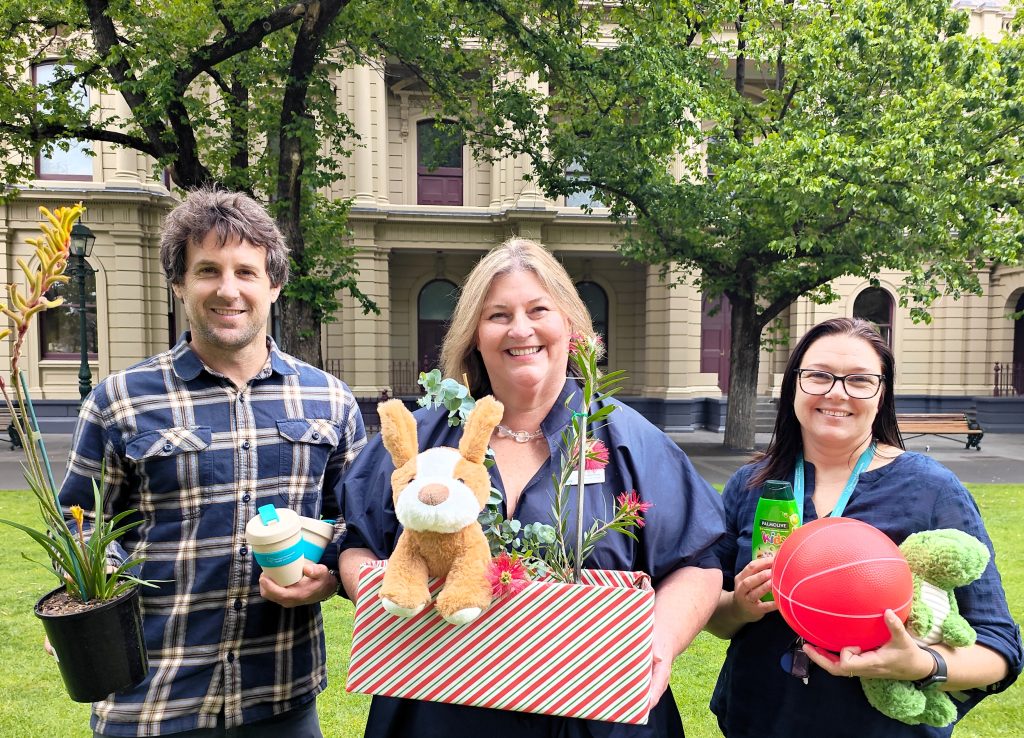
BCHS’ Gift of Love festive appeal: Your cause, your choice, your difference
You decide the amount and we’ll make the most of it. That’s our promise as our very first festive appeal – the BCHS Gift of Love – continues. Until the end of December, the appeal is raising funds for three...
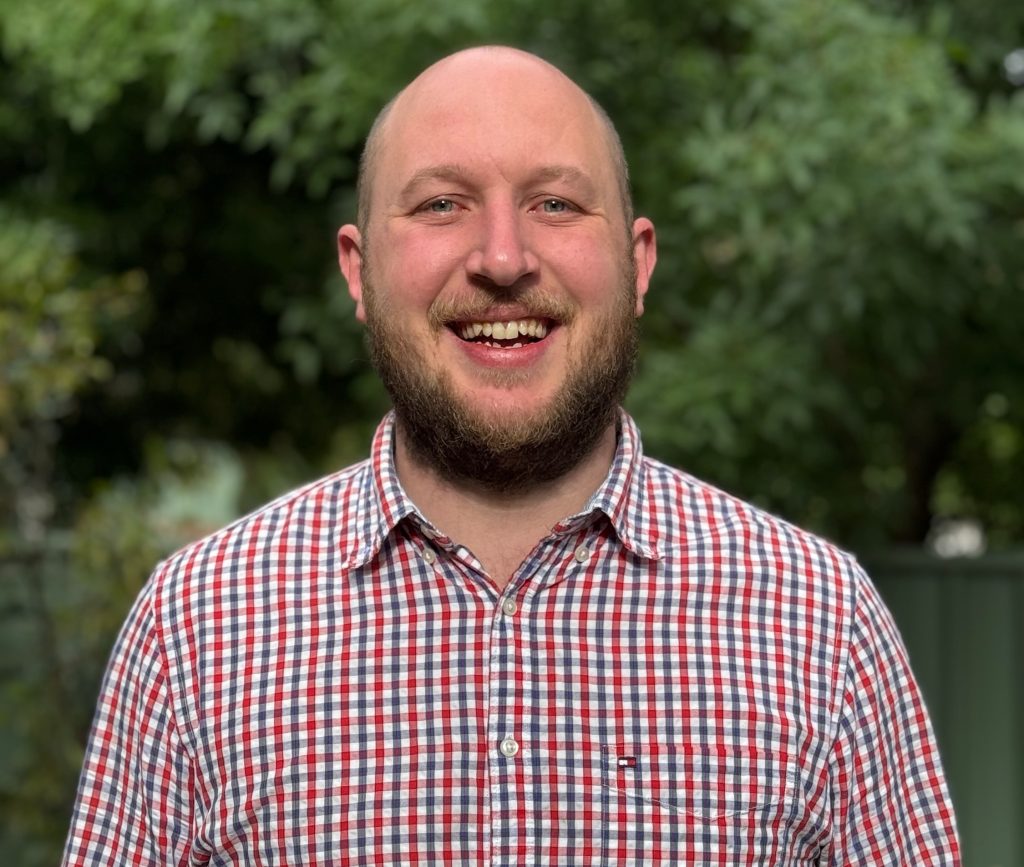
Nurturing after nature’s fury: Reflections from a Flood Recovery Officer
As the Flood Recovery Program comes to an end, I am grateful to have been part of a team that shows up, listens, adapts and remains committed no matter how unpredictable the path becomes, writes OSCAR MALYON. Stepping into my...
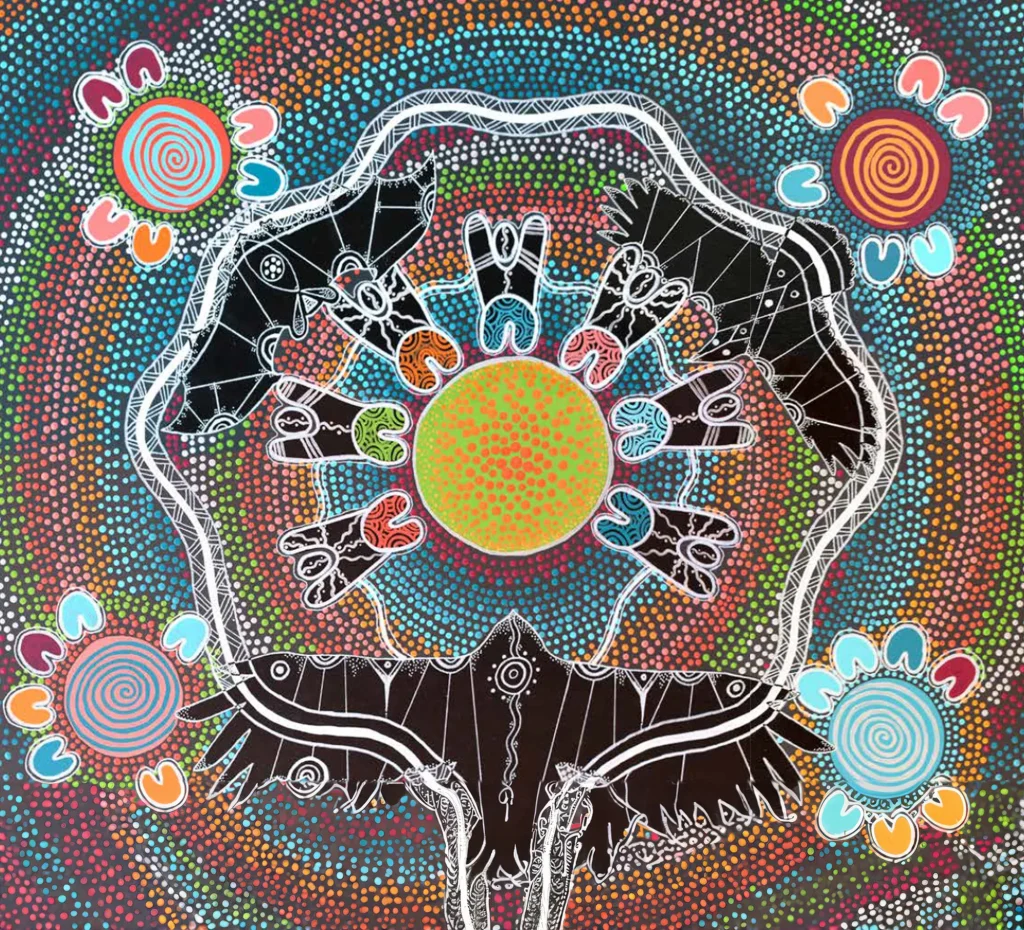
A welcome apology on the path to Treaty
Bendigo Community Health Services welcomes the Victorian Premier Jacinta Allan’s formal apology to First Peoples of Victoria. We proudly acknowledge the Dja Dja Wurrung and Taungurung peoples, Traditional Owners of the lands where we do our work. We pay our...
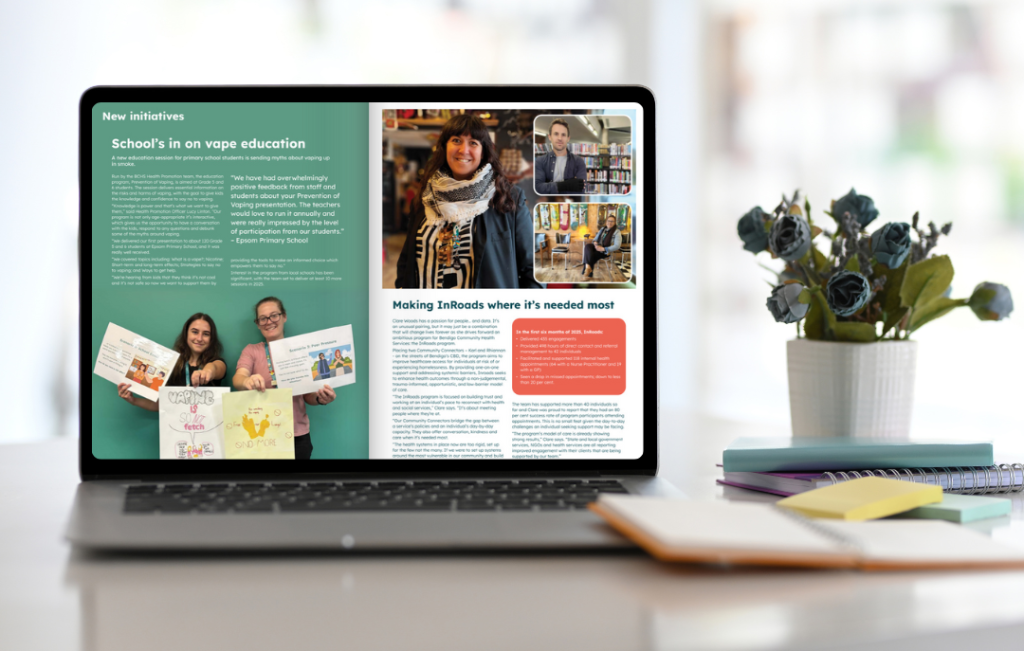
BCHS Annual Report 2024-2025
Our 50th year was a big one. Not only did we mark that milestone, we proudly continued to walk alongside you – our community – through challenge and change, always focused on what matters to us most: people, relationships, advocacy...
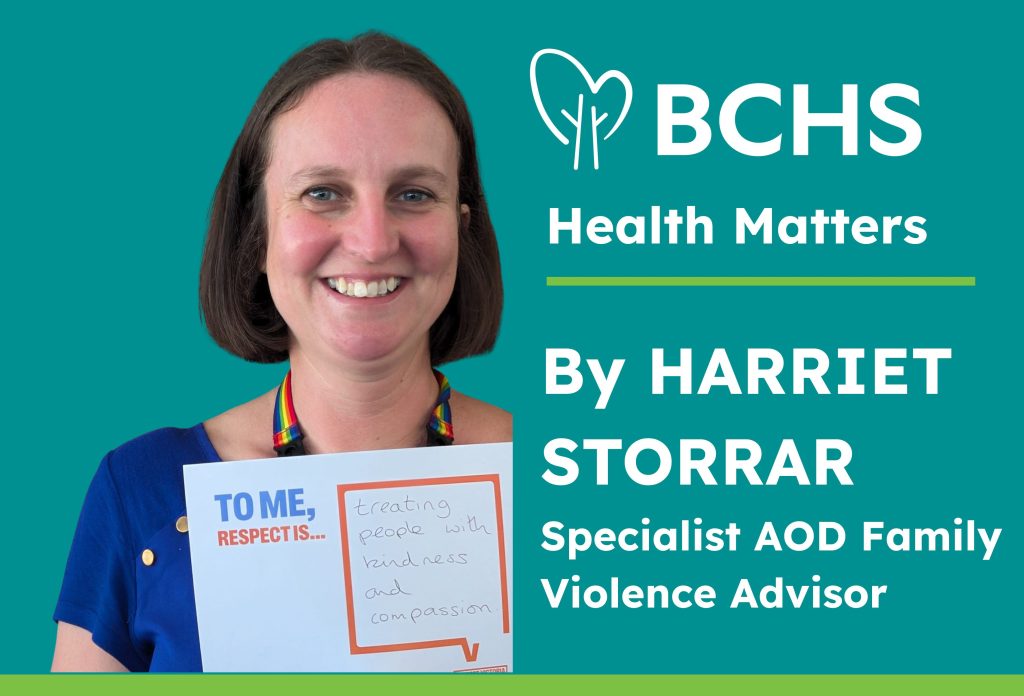
The myths vs realities of family and gender-based violence
During this year’s 16 Days of Activism against Gender Based Violence – on now until December 10 – we’re debunking myths and highlighting steps everyone can take to help make our community safer. Myth: Men and women are equally likely...
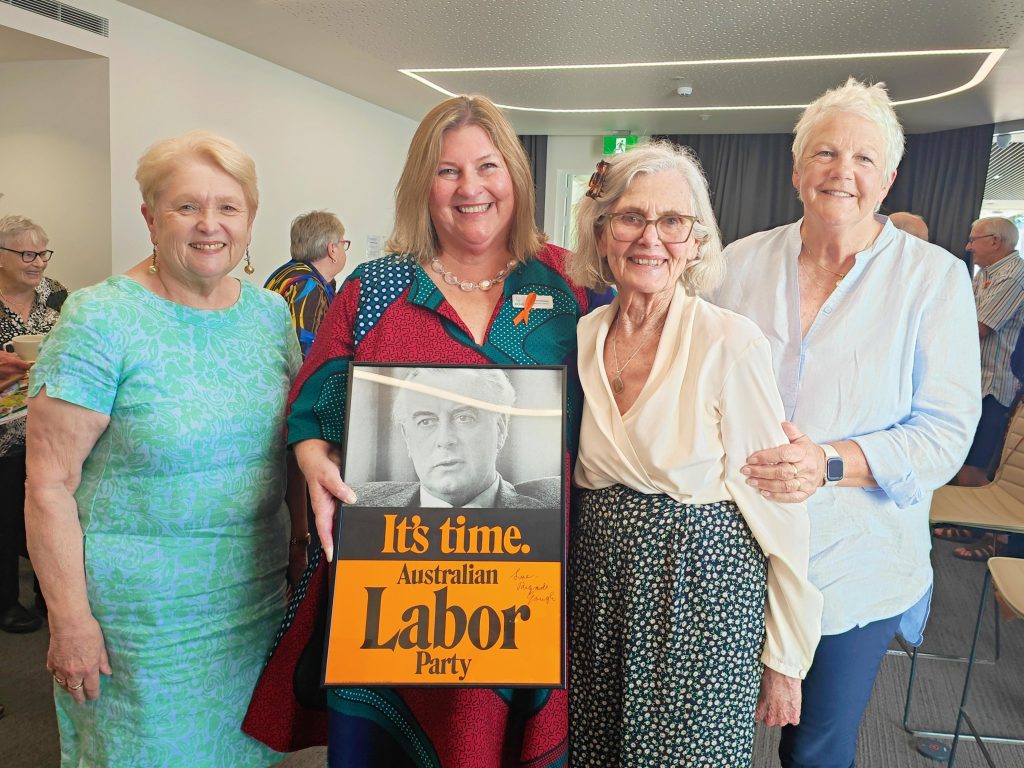
Legends’ love letter to the Borough
How to encourage the 1970s man to have his annual influenza immunisation? A pot for a shot worked wonders at the Eaglehawk & Long Gully Community Health Centre. A free coldie at community health may not pass the pub test...
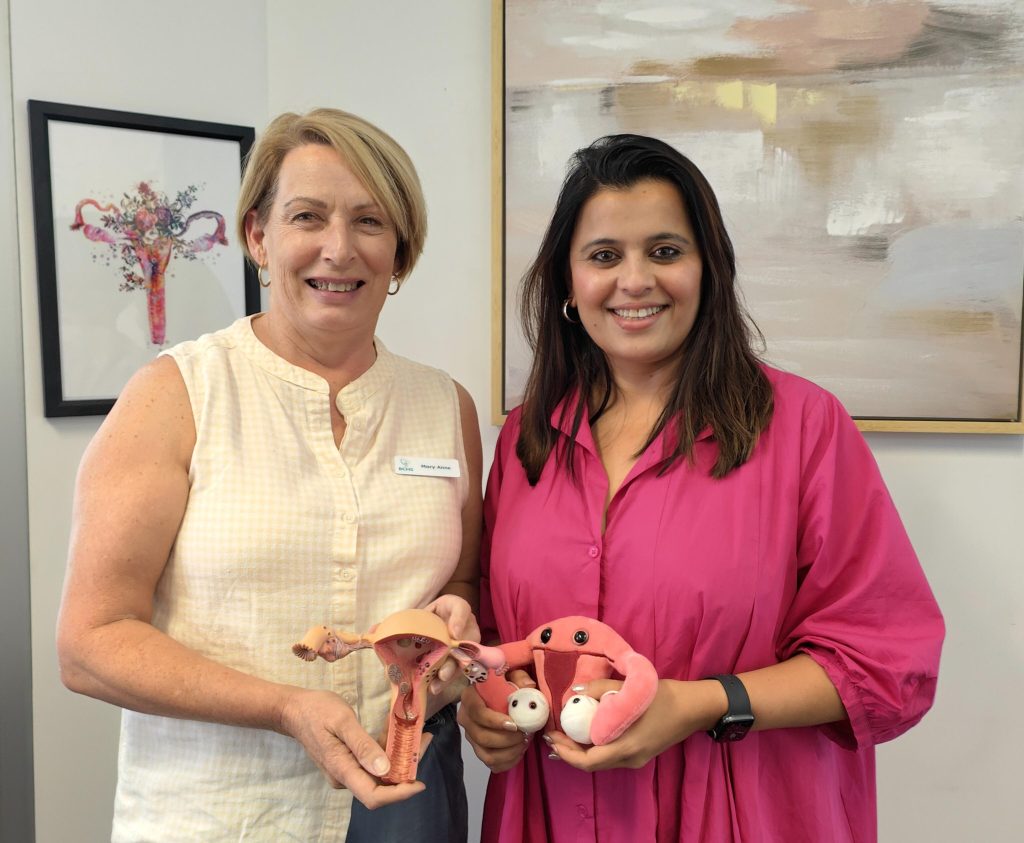
BCHS leads the way in addressing women’s pain, as confirmed following Vic gov report
Bendigo Community Health Services has welcomed the Victorian Department of Health’s Bridging the Gender Pain Gap report following its inquiry into women’s pain. BCHS encouraged women in Bendigo to share their own stories via the inquiry, having had a long-term...

Bendigo Community Health Services initiates gifts of love this Christmas
Bendigo Community Health Services has launched a festive appeal enabling big-hearted locals to gift love this Christmas. The BCHS Gift of Love Festive Appeal is raising funds and awareness for three projects that will make a practical difference to people...